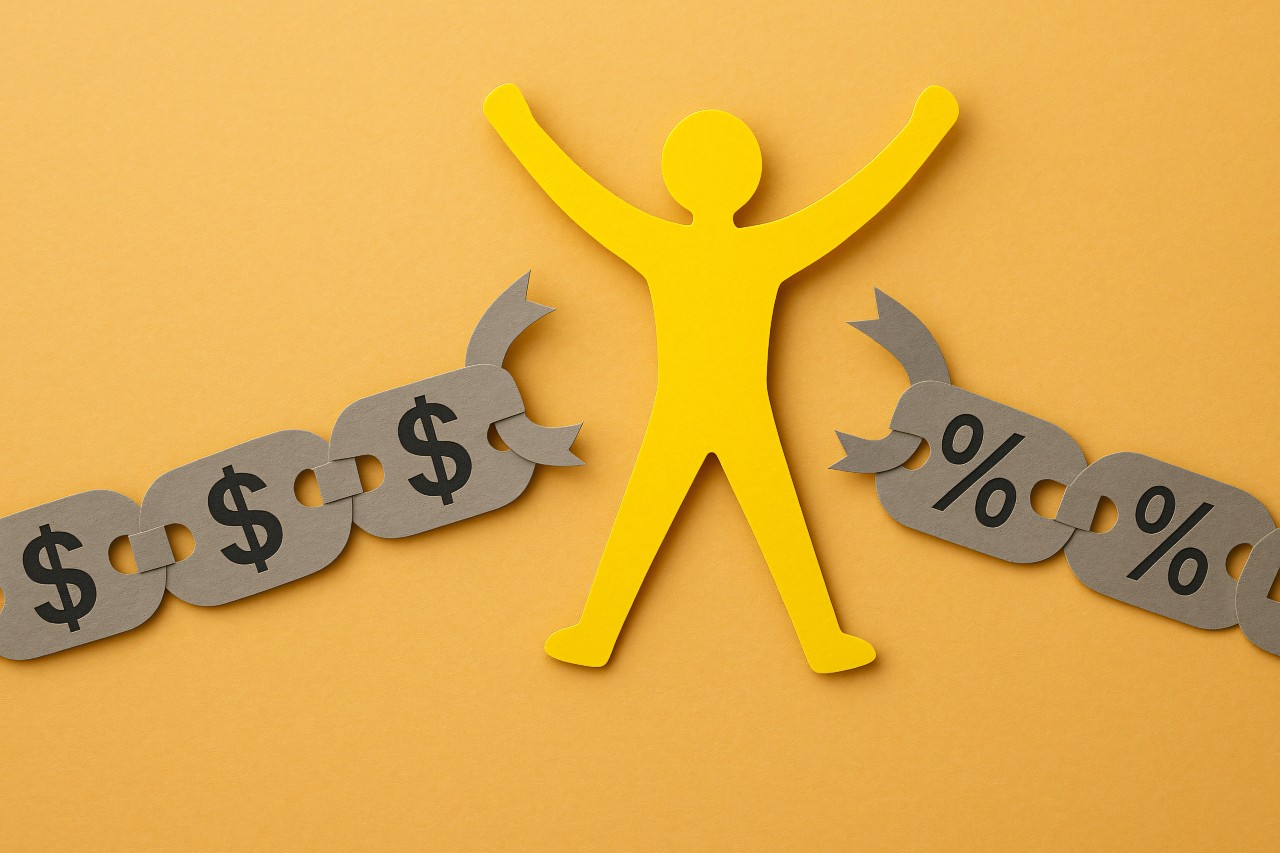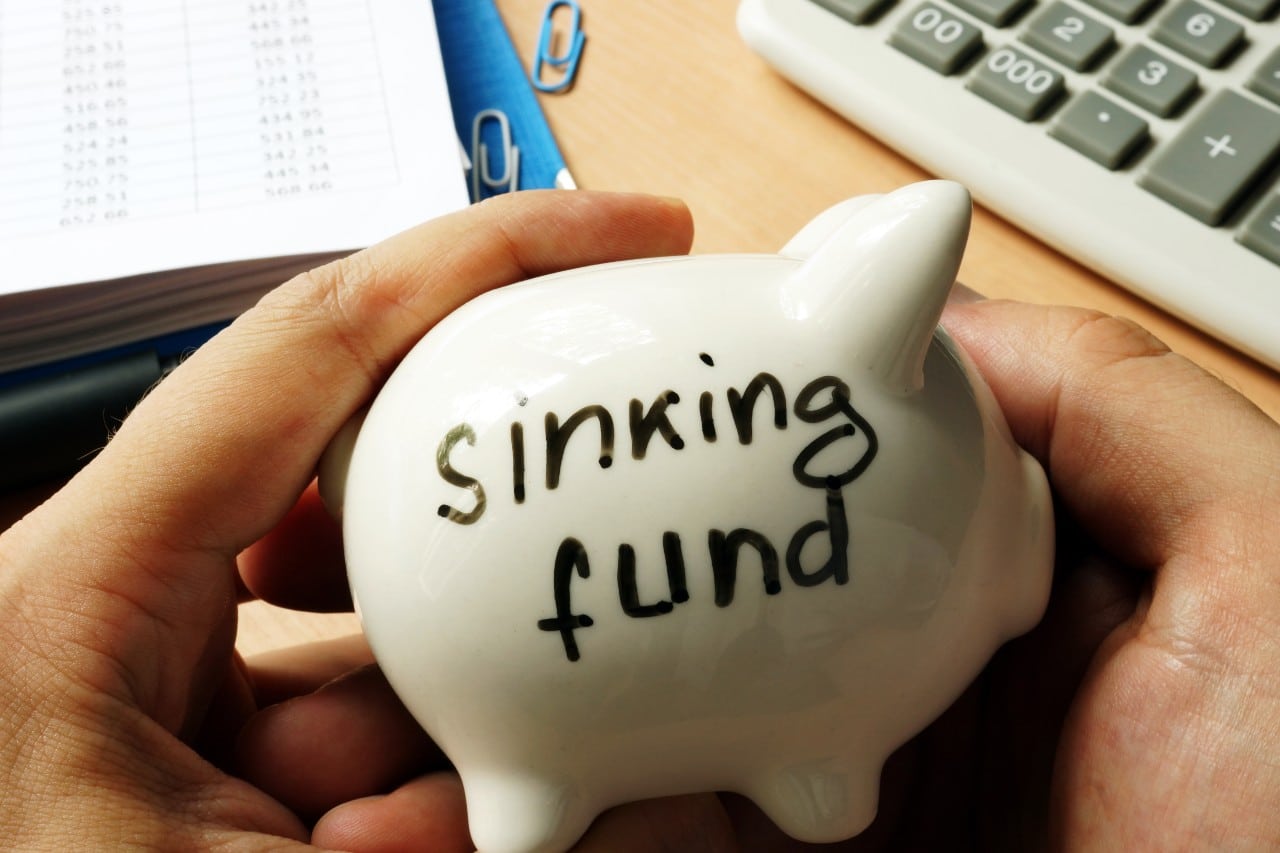If you’re working to improve your credit profile and increase your score, using a credit monitoring tool can be immensely beneficial. It tracks changes in your score, so you know where you stand before you apply for new financing. These tools also provide recommendations that can help you build good credit faster.
What is credit monitoring?
Credit monitoring is a tool that tracks changes in your credit report and score. It alerts you when there are positive or negative changes in your profile. This provides a range of benefits, including:
- Score tracking
- The ability to identify and dispute credit report errors
- Early identity theft detection
- Support for building good credit
There are free and paid monitoring tools that each offer a different range of features. Every Canadian should be monitoring their credit. The tool you use depends on your financial situation and needs.
Why is credit monitoring important?
Without a monitoring tool, you go into every credit application blind. You won’t know your score until the lender runs a check and tells you where you stand. This can lead to loan rejections and higher interest rates if your score isn’t where you think it is.
You also want to maintain a clean profile to ensure that anyone who checks your report gets a good picture of you. A bad report can make it difficult to rent an apartment or a car, and can even affect your ability to get a new job.
Using credit monitoring gives you the power to control your score and offers peace of mind.
Access your credit score
A good credit score is essential to your financial life. It affects your ability to qualify for loans and credit lines with the best rates and terms. It can also affect how much you pay for insurance on your car in certain provinces.
This makes knowing your score essential. You can take action to make sure your score is as high as possible before submitting a credit application. It can also help you understand the factors that contribute to your credit score and how to improve them.
How are credit scores calculated?
Credit scores range from 300 to 900. There are five basic factors used to calculate your credit score. Each factor has a different “weight” for how much it affects your score:
- Payment history usually accounts for 35% of your score
- Credit utilization measures how much of your available credit you are using and typically accounts for 30% of your score
- Credit age measures how long you’ve maintained accounts in good standing and usually makes up 15% of your score
- Inquiries measure how many new applications you’ve had recently; it typically accounts for 10% of your score
- Credit mix looks at how many accounts you have and how diverse those accounts are; it’s also typically weighted for 10% of your score.
Understanding your credit score »
Using a monitoring tool will not negatively affect your score
Some people worry that checking their credit lowers their score, but this is a misconception. Reviewing your own credit report and even checking your score won’t decrease it. It’s only when you authorize a company to check your credit, such as a bank or credit card company, that will create a hard inquiry on your report. Too many of these inquiries can decrease your score. But this only happens when you apply for credit.
Dispute errors and make corrections
Many people have at least one error or mistake on their credit report. Depending on the nature of the error, these can negatively affect a consumer’s credit score. It’s crucial to review your credit report regularly to identify potential errors.
A good monitoring tool makes that process easier. It flags negative information that needs your attention. You can easily review this information to verify if it is accurate. In addition, paid monitoring tools help facilitate disputes.
Protect against identity theft
Reviewing your report regularly is also a key step in preventing identity theft and fraud. While the most common type of identity theft involves the misuse of an existing account, it can also happen when someone opens accounts in your name.
Without credit monitoring, you may be unaware that these accounts exist. Cyberthieves can run up balances in your name and allow debts to fall into collections. All of this could make for a very unwelcome surprise the next time you apply for credit! Credit monitoring tools alert you when new accounts appear on your report.
They can also help you catch fraud on your existing accounts. If you see that a balance on your report is higher than the balance you think you have, it may be a sign of misuse of your account. This can serve as an extra line of defence against fraud, in addition to monitoring your monthly statements.
Should I pay for credit monitoring?
Free Tools
Free tools like Credit Karma offer basic credit score tracking and show you which factors could be decreasing your score. You are also able to see a summary of the information in your credit report. It shows your approval odds for credit cards and loan offers, so you can find financing easily. If you have a limited budget, this can be a good basic option.
Paid Tools
Paid credit monitoring tools like Credit Verify offer a broader range of features. You can see your full credit report and the tool flags information that needs your attention. You get guidance on how to make disputes if you find an error. They also offer a credit score simulator that will show you how certain actions will affect your future score.
Credit Verify also provides $25 in bonus rewards every month to offset the monthly cost of using their service. You can use the rewards to save money on purchases with popular brands, retailers, and restaurants.
Another popular monitoring service is Score Up, by Marble Finance. The subscription-based model employs a loan repayment structure that reports every month to the credit bureaus. It combines point deduction, monitoring, and coaching to aid in monitoring and enhancing your score.
What should I do if my credit account is compromised?
- Contact the account issuer to tell them that your account has been compromised, so they can freeze the account.
- File a complaint with your local police service
- Place a fraud alert on your credit report with both major credit bureaus (Equifax and TransUnion).
- Report the fraud to the Canadian Anti-Fraud Centre.
What monitoring doesn’t cover
While credit monitoring tools offer a wide range of support for improving your credit, they can’t do everything. They can help you detect any issues and offer guidance on how to address them. But they generally don’t provide preventative measures or take any actions on your behalf.
These are some of the things that a credit monitoring tool can’t do:
- Prevent identity theft
- Alert you in advance about the misuse of an existing account
- Prevent phishing emails and other attempts to compromise your personal data
- Stop someone from applying for credit in your name (a fraud alert can prevent this)
- Correct errors on your credit report for you
- Prevent tax fraud
The bottom line
Adding a credit monitoring tool to your financial strategy gives you the power to manage your credit profile. Explore your options for monitoring your score and find a tool that fits your needs. You’ll be glad you did.


